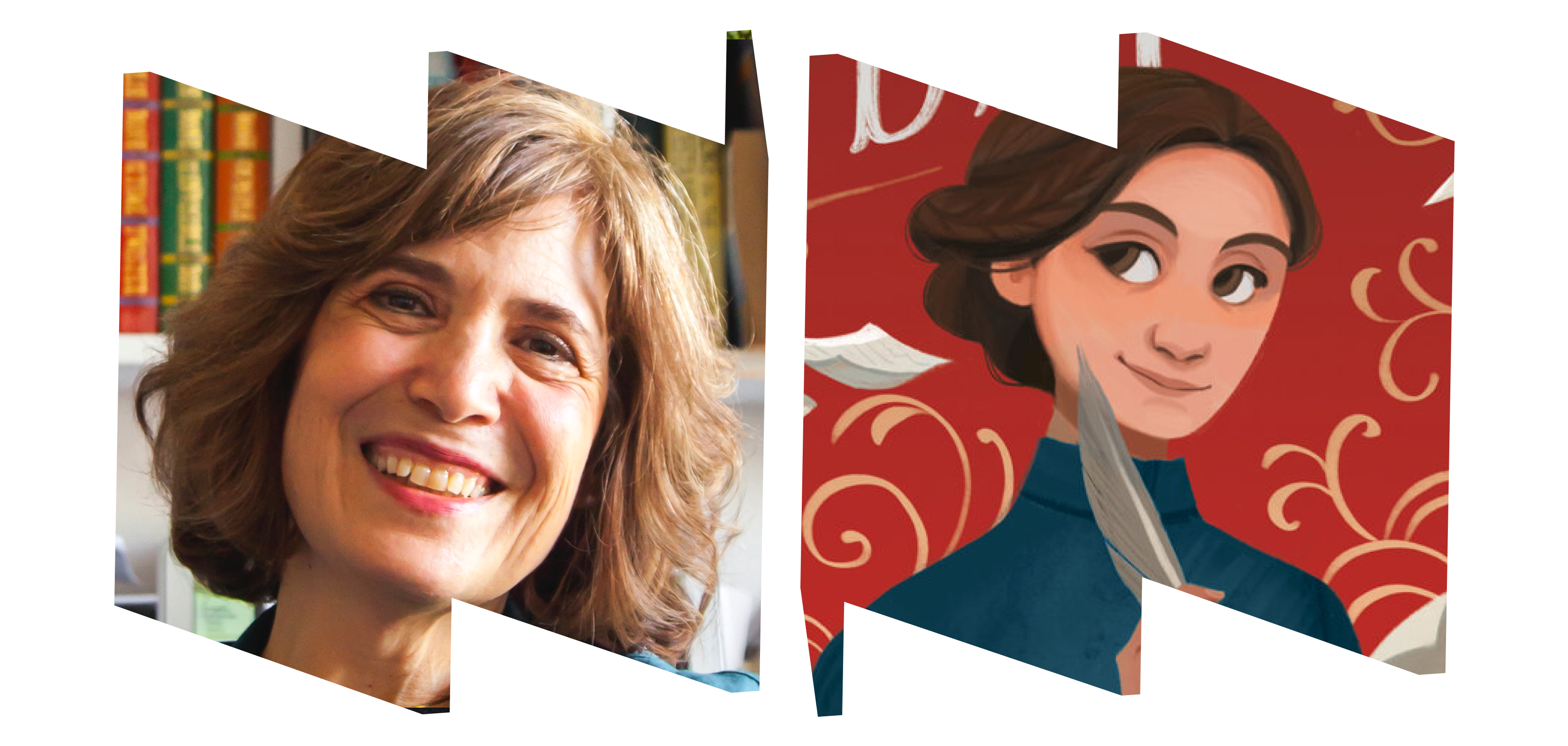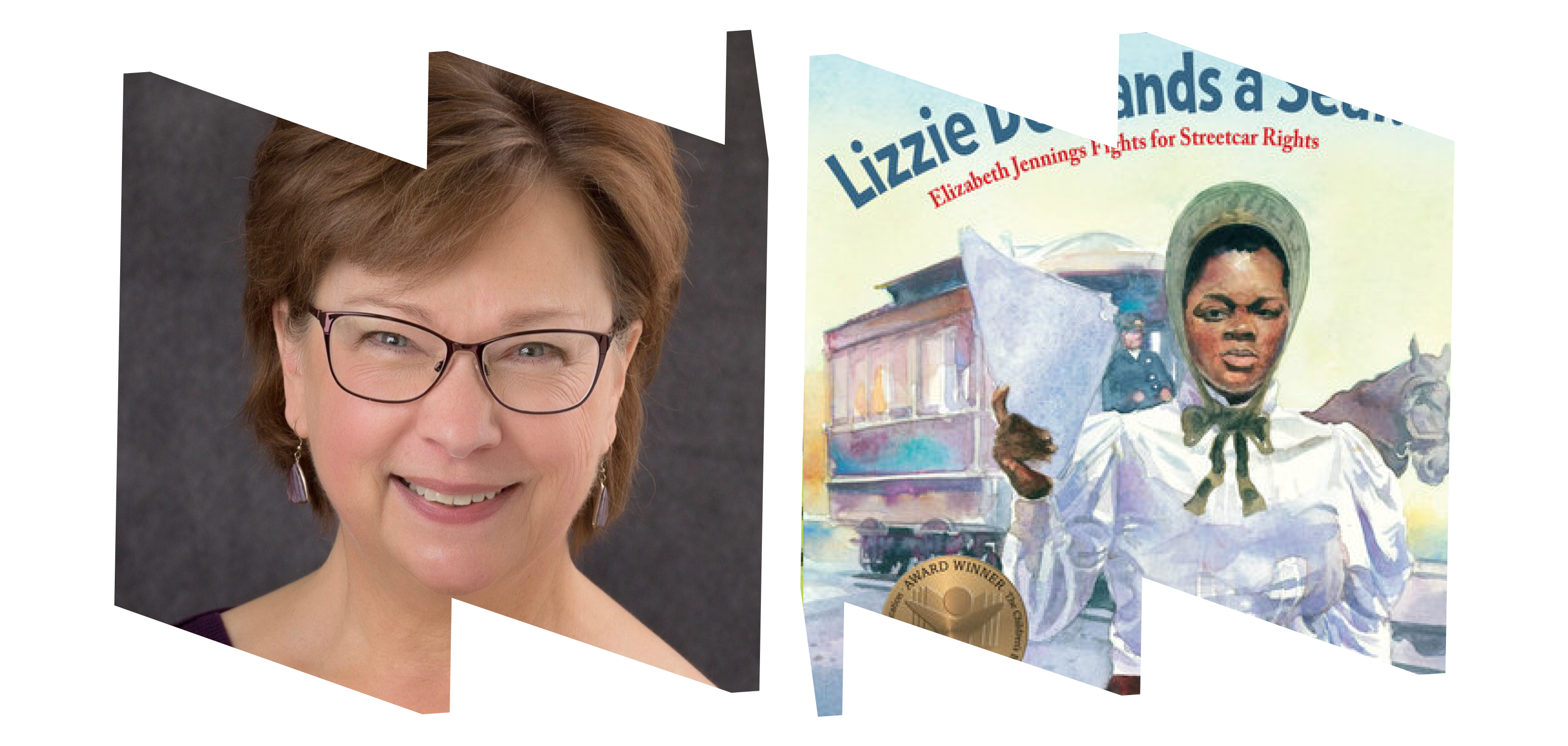
Calling all Brave Kids! Join the National Women’s History Museum’s Brave Girls Virtual Storytime and author Nancy Churnin as she reads her 2021 picture book, Dear Mr. Dickens, followed by a live Q&A with the audience.
From The Ivy Bookshop:
Eliza Davis believed in speaking up for what was right. Even if it meant telling Charles Dickens he was wrong.
In Eliza Davis’s day, Charles Dickens was the most celebrated living writer in England. But some of his books reflected a prejudice that was all too common at the time: prejudice against Jewish people. Eliza was Jewish, and her heart hurt to see a Jewish character in Oliver Twist portrayed as ugly and selfish. She wanted to speak out about how unfair that was, even if it meant speaking out against the great man himself. So she wrote a letter to Charles Dickens. What happened next is history.
Please note: The National Women’s History Museum strives to provide programs that are accessible to all visitors. For questions, or to request accommodations such as an ASL interpreter or closed captioning, please email [email protected] at least 7 days in advance of the program.

Calling all kids! Join the National Women’s History Museum’s Brave Girls Virtual Story Time and author Beth Anderson as she reads her 2020 picture book, Lizzie Demands a Seat! Elizabeth Jennings Fights for Streetcar Rights. Beth will then answer live questions from the audience!
About Lizzie Demands a Seat! from Penguin Random House:
In 1854, Elizabeth “Lizzie” Jennings, an African American schoolteacher, fought back when she was unjustly denied entry to a New York City streetcar, sparking the beginnings of the long struggle to gain equal rights on public transportation.
One hundred years before Rosa Parks took her stand, Elizabeth “Lizzie” Jennings tried to board a streetcar in New York City on her way to church. Though there were plenty of empty seats, she was denied entry, assaulted, and threatened all because of her race–even though New York was a free state at that time. Lizzie decided to fight back. She told her story, took her case to court–where future president Chester Arthur represented her–and won! Her victory was the first recorded in the fight for equal rights on public transportation, and Lizzie’s case set a precedent. Author Beth Anderson and acclaimed illustrator E. B. Lewis bring this inspiring, little-known story to life in this captivating book.
Educators, want to learn more about how to incorporate Elizabeth Jennings into your classroom? Join us for our free educator workshop on C3, Elizabeth Jennings, and historical empathy. (Sign up here.)
Please note: The National Women’s History Museum strives to provide programs that are accessible to all visitors. For questions, or to request accommodations such as an ASL interpreter or closed captioning, please email [email protected] at least 7 days in advance of the program.

